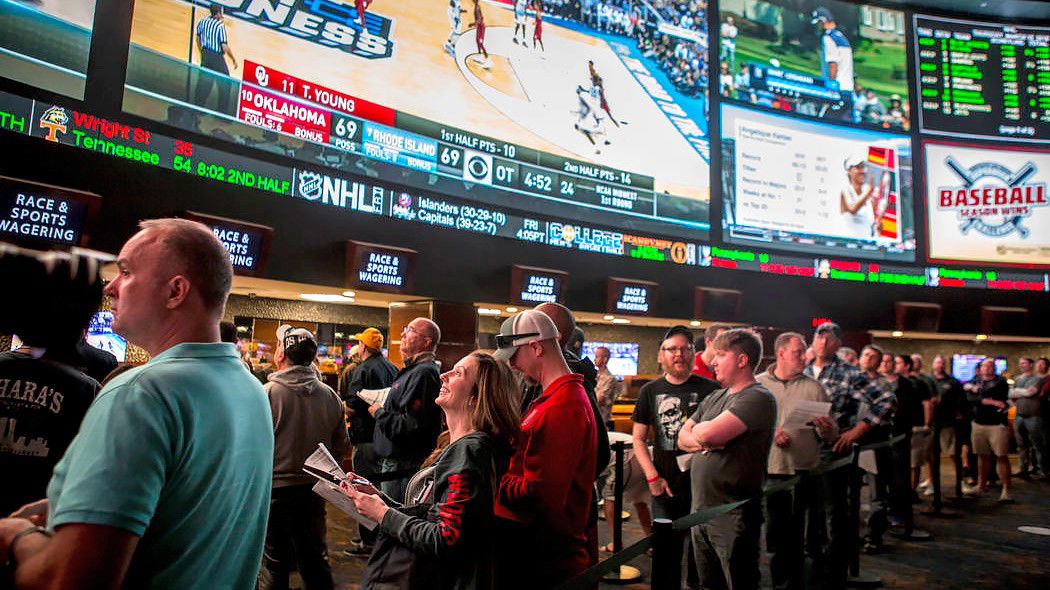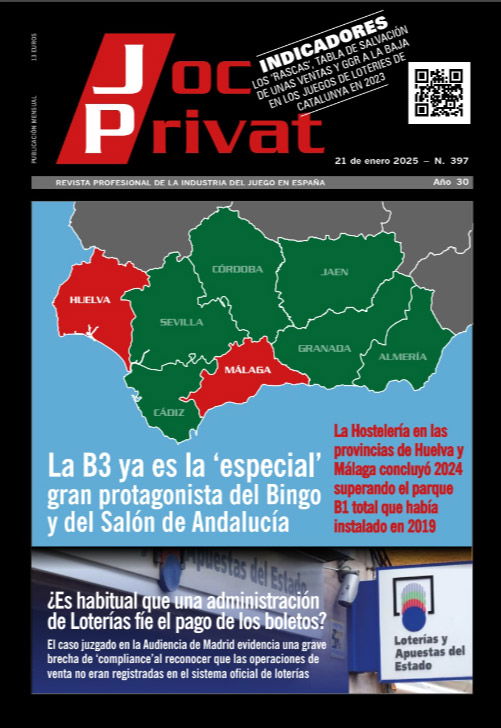Philippines online gaming revenue halved as POGOs activity is still reduced

The Philippines online gaming revenues dropped 50 percent after the COVID-19 pandemic and resulting restrictions limited offshore gaming operations, the country's gaming regulator said Thursday.
Online gaming revenues halved after the income of Philippine Offshore Gaming Operators (POGO) and their service providers plummeted as much as 80 percent during the pandemic, said state-run Philippine Amusement and Gaming Corp.'s (PAGCOR) assistant vice president for offshore gaming licensing Jose Tria, as reported by ABS-CBN News.
The agency's P600 million monthly regulatory fees were cut by "almost half" since only 32 out of the 60 POGOs in the country were allowed to resume operations at a limited 30 percent capacity, Tria said. Only 111 out of the 218 accredited POGO service providers were allowed to operate following clearances from the Bureau of Internal Revenue.
“Our monthly regulatory fees of around P600-million pre-COVID is now down by almost half. This should have been lower if not for the Minimum Guaranteed Fees which allows PAGCOR to impose higher regulatory fees than two percent of POGOs’ GGR [Gross Gaming Revenues] following the ‘whichever is higher formula’,” Tria said.
PAGCOR earlier allowed POGOs to resume operations but only after complying with conditions such as completing all pending tax liabilities to the government. At least 5 POGO licenses were canceled, 5 were suspended while 42 service providers have filed for cancellation of their accreditation following the imposition of stricter quarantine and tax rules, Tria said.
The exit of POGOs could adversely affect government tax revenues, Finance Secretary Carlos Dominguez III earlier said. He explained that while direct tax revenues from POGOs are “not so much,” the exit of its foreign workers will impact real-estate prices and as property developers and other businesses benefiting from the industry will see much lower revenues, which will mean lower tax collections for the government. He also told senators on Wednesday that he got information from a building owner in Makati City that offshore gaming operators have started canceling their lease contracts.
Property consultants have said the alleged exit of POGOs in the country could hurt the office and residential spaces in Metro Manila. Most POGOs have offices in the Bay area and other hubs in Metro Manila. Chinese workers appear to spur economic activities in areas where POGOs operate, boosting retail and restaurant businesses.
Leechiu Property Consultants (LPC) earlier this month showed that the POGO sector accounted for 13% of office space demand from January to May this year, even with the quarantines. Leechiu said that before the COVID-19 crisis, POGOs occupy as much as 1.7 million square meters of office space nationwide and two million square meters of residential space.


















































